In an era where traditional teaching methods often struggle to captivate and inspire students, Project-Based Learning (PBL) emerges as a transformative approach that revitalizes education. By emphasizing real-world problems and collaborative projects, PBL fosters a dynamic classroom environment where students are deeply engaged and motivated. This method not only bridges the gap between theoretical knowledge and practical application but also enhances critical thinking and problem-solving skills. In this article, we will explore why Project-Based Learning is essential for modern education, how it contrasts with traditional methods, and practical strategies for implementation. Discover the profound benefits PBL offers and its promising future in shaping an innovative learning landscape.
gameshoek.com offers a detailed exploration of this topic.
1. Why Project-Based Learning is Essential
Project-Based Learning (PBL) is essential because it aligns with the evolving needs of students and the demands of the modern world. Unlike traditional teaching methods, which often emphasize rote memorization and passive learning, PBL encourages students to engage actively with real-world challenges. This approach promotes critical thinking, creativity, and collaboration—skills crucial for success in today’s rapidly changing job market.
PBL fosters a deeper understanding of subject matter by connecting academic concepts to practical, hands-on experiences. Students are not merely recipients of information but active participants in their learning journey. By working on projects that require problem-solving and innovation, students develop a sense of ownership and relevance, which significantly enhances motivation and engagement.
Moreover, PBL prepares students for future endeavors by simulating real-life scenarios, thereby bridging the gap between theory and practice. As education shifts towards preparing learners for complex, interdisciplinary tasks, Project-Based Learning stands out as a powerful method to cultivate essential skills and foster a more interactive and meaningful educational experience.
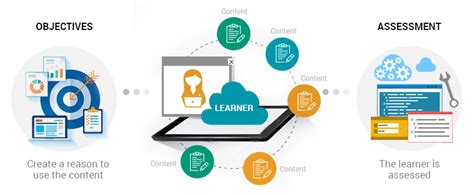
2. Why Traditional Methods Fall Short
Traditional teaching methods often fall short in today’s educational landscape because they primarily focus on passive learning and memorization. In these methods, students are frequently required to absorb information from lectures and textbooks without much opportunity for active engagement or application. This approach can lead to a shallow understanding of the material and a lack of connection between theoretical concepts and real-world contexts.
Moreover, traditional methods often fail to address diverse learning styles and needs, leaving many students disengaged or disinterested. The emphasis on standardized testing and rigid curricula can stifle creativity and critical thinking, as students are pressured to prioritize rote memorization over deeper learning experiences.
In contrast, Project-Based Learning (PBL) offers a more holistic approach by integrating real-life problems and collaborative projects into the learning process. This shift helps to bridge the gap between academic knowledge and practical skills, making learning more relevant and stimulating. By fostering active participation and problem-solving, PBL addresses the limitations of traditional methods and better prepares students for future challenges.
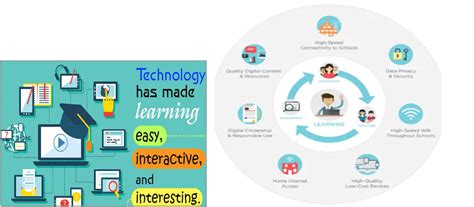
3. How Project-Based Learning Works
Project-Based Learning (PBL) operates on a framework that immerses students in complex, real-world problems while promoting active engagement and collaborative skills. It begins with students being presented with a challenging question or project that requires them to investigate and solve a specific issue. This problem is often interdisciplinary, connecting various subject areas and reflecting real-life scenarios.
Students work in groups to research, brainstorm, and develop solutions, which encourages teamwork and communication. They actively apply their knowledge and skills to produce tangible outcomes, such as presentations, prototypes, or reports. Throughout the project, students engage in reflective practices, assess their progress, and make adjustments based on feedback from peers and instructors.
Teachers play a crucial role as facilitators, guiding students through the learning process rather than dictating content. They provide resources, support, and feedback, ensuring that students stay on track and deepen their understanding. PBL not only helps students grasp academic concepts more profoundly but also equips them with practical skills like problem-solving, critical thinking, and effective collaboration.
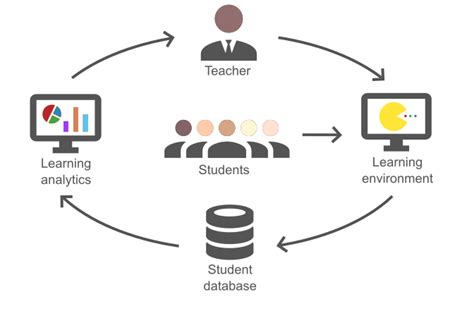
4. How to Implement Project-Based Learning in the Classroom
Implementing Project-Based Learning (PBL) in the classroom involves several key steps to ensure its effectiveness and engagement. Begin by identifying a relevant, real-world problem or question that aligns with your curriculum and resonates with students’ interests. This project should be complex enough to challenge students and encourage them to apply and integrate their knowledge.
Next, design the project with clear objectives, milestones, and deliverables. Provide students with guidelines and resources, but allow them the flexibility to explore and create. Divide students into diverse teams to foster collaboration and ensure each member contributes to the project.
Throughout the project, facilitate regular check-ins to monitor progress, offer feedback, and address any challenges. Encourage students to engage in self-assessment and peer reviews to reflect on their learning and improve their work.
Finally, culminate the project with a presentation or demonstration of the final outcomes. This allows students to showcase their work and reflect on their learning experience. By following these steps, teachers can effectively integrate PBL into their classrooms and enhance student engagement and understanding.
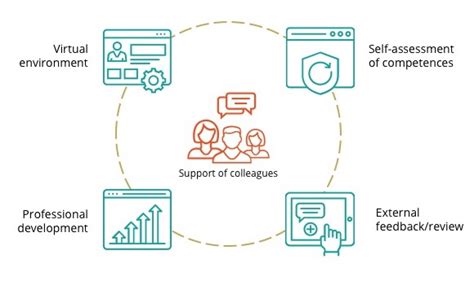
5. What Students Gain from Project-Based Learning
Students gain numerous benefits from Project-Based Learning (PBL), which significantly enhances their educational experience. Firstly, PBL fosters a deeper understanding of academic concepts by connecting theoretical knowledge to real-world applications. This hands-on approach helps students retain information more effectively and see the relevance of their studies.
PBL also promotes essential skills such as critical thinking, problem-solving, and creativity. By tackling complex projects, students learn to analyze issues from multiple perspectives, develop innovative solutions, and apply their knowledge in practical ways. These skills are crucial for success in both academic and professional settings.
Additionally, PBL enhances collaboration and communication abilities. Working in teams, students practice sharing ideas, negotiating roles, and providing constructive feedback, which prepares them for future teamwork in various contexts.
Furthermore, PBL encourages self-directed learning and accountability. Students take ownership of their projects, manage their time effectively, and set personal goals, fostering independence and motivation.
Overall, Project-Based Learning equips students with a comprehensive skill set, including deep knowledge, practical problem-solving abilities, and strong interpersonal skills, all of which are vital for their academic and career success.
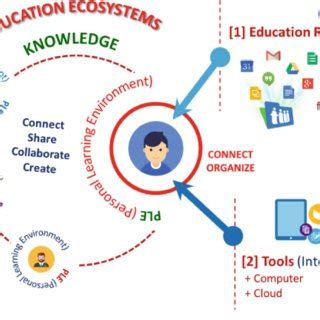
6. What the Future Holds for Project-Based Learning
The future of Project-Based Learning (PBL) holds promising potential as educational paradigms continue to evolve. With the increasing emphasis on developing 21st-century skills such as critical thinking, creativity, and collaboration, PBL is expected to gain even greater prominence in classrooms worldwide. As technology advances, the integration of digital tools and resources will further enhance the PBL experience, providing students with innovative ways to research, collaborate, and present their projects.
Educational institutions are likely to adopt PBL more broadly, supported by evolving curricula that emphasize experiential learning and interdisciplinary approaches. The growing recognition of PBL’s effectiveness in preparing students for real-world challenges will drive its expansion across diverse educational settings, from primary schools to higher education.
Moreover, as education systems seek to address varying learning styles and needs, PBL’s adaptability will be increasingly valued. Its ability to engage students actively and foster personalized learning experiences will align with the push for more inclusive and student-centered education.
Overall, the future of Project-Based Learning looks bright, with continued advancements in technology and pedagogy likely to enhance its impact. By embracing PBL, educators can better prepare students for the complexities of the modern world and the demands of future careers.
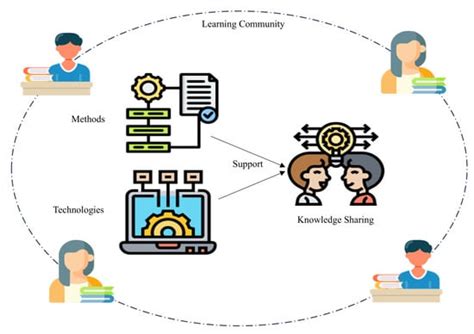
Project-Based Learning revolutionizes education by making learning engaging and relevant. By bridging theoretical knowledge with practical application, it fosters essential skills like critical thinking and collaboration. Embracing PBL can transform classrooms, better preparing students for future challenges and equipping them with the tools for lifelong success.
gameshoek.com
